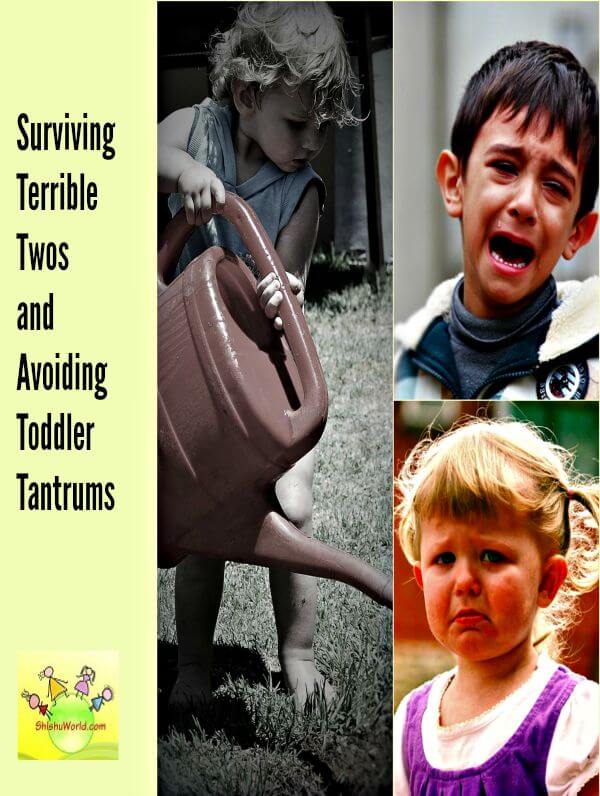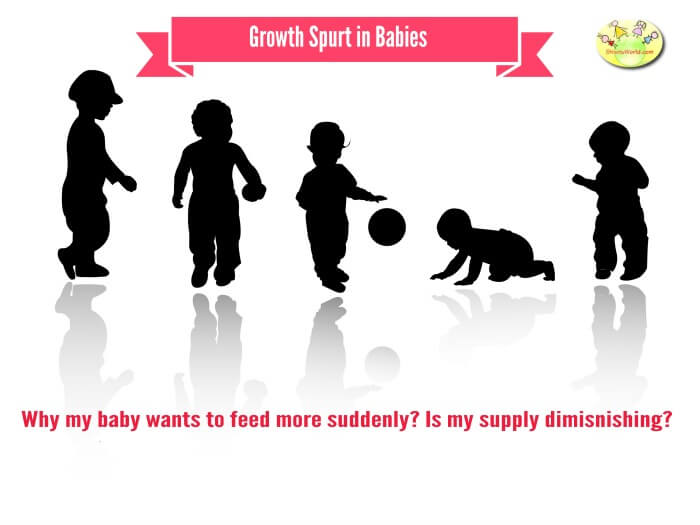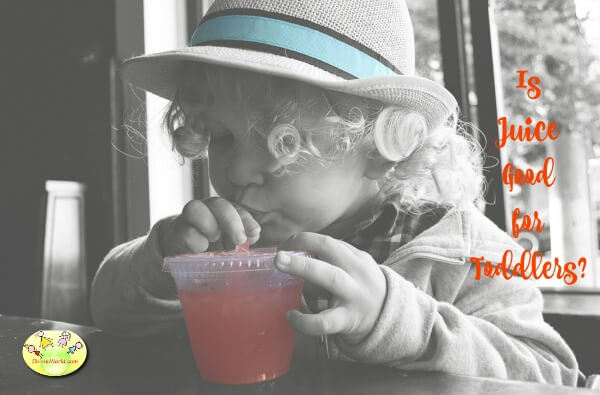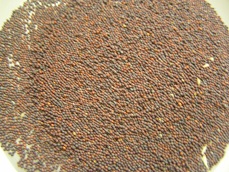You might have been warned of ‘the terrible twos’ & may feel unprepared for this stage as your toddler would have been co-operative until now. This is going to change soon. This stage can begin anywhere from fourteen months & go up to thirty six months of age. Most children become hard to manage around this time. This is because of the huge developmental leap at this time. They are not easily distracted. They realise their place in the world & that they may have some influence. Therefore, they start experimenting to see how too get their desires & need fulfilled.
At times you will want to pull your hair out & the other times you may find it wonderful to see your child blossom. Your child’s rebellion will be inversely proportional to the freedom you will give for her developmental work. For example, how much is she allowed to explore or to feel the control of her world?

As the child grows, her curiosity towards new objects or what children of similar age group are doing is bound to increase. In children this is equivalent to intelligence & as a parent is can be frustrating to keep a track of your toddler all the time. However, you must try & keep your sanity while your baby increasing expresses herself & engages with the world.
8 tips to avoid Toddler Tantrums
1. Setting wrong from right
Although it is important to teach your child to do the right thing, it is okay to step aside from power struggles at times too. Your toddler is trying to assert her presence in the world, with real power which is appropriate. But, keep in mind to not give into anything that may compromise her safety, health or other people’s rights. You’ll be glad to know that since tantrums are expressions of powerlessness, toddlers who feel some control over their lives have many fewer tantrums.
2. Use play to manage your child
Toddlers don’t like to take order all the time. What they do like is to play. So, if you want your child to co-operate with you, find innovative ways to do things like race her to the car or let her pretend to be a puppy who loves milk while drinking it.
3. Managing toddler tantrums
First of all, you should remember that tantrums are normal at this age.Tantrums usually happen when they are too tired or hungry. Keep them fed when going out, carry a snack along and stick to naptimes and bedtimes
4. Don’t force him/her to share
By forcing your child to share, you are actually delaying the development of her sharing skills. Children need to feel secure in their ownership before they are ready to share. Instead, you can introduce the concept of taking turns. If you have a play date at your house, help your little on to hide her favourite toys & when she does share, praise her for doing so & encourage her to repeat her newly found skill.
5. Practice what you preach
Children learn to interact with others by experiencing relationships & then they re-create them. You mind keep in mind that your child is learning both sides of any relation she’s in. If you don’t want her to tantrum, don’t lose your temper at her. If you yell at her, you’re teaching her by example that tantrums are ok.
6. Make time for her
Try & find time to spend with your toddler from your busy daily routine. The toddler’s job after all is to explore, experiment & learn. That is how the brain works. You need to have patience & must avoid rushing your child. Rushing is a common trigger of avoidable tantrums.
7. Don’t take it personally if they are rude
Your little one will reject you which can be hurtful at times. So, don’t take it personally. Remember she will learn to control her anger by following you.
8. Involve them in everyday chores
Toddlers need daily experience with work to gain confidence and experience. Involving them in everyday chores gives them a sense of accomplishment and also make them independent.
Read further:
Everyday activities for children during holidays
You can use your child’s help simple tasks like:
1. Folding kitchen towels & stacking them
2. Watering the plants with a mug & a bucket
3. Help you set & later clear the table
4. Helping you to turning the lights on & off
5. Put dirty clothes in the laundry bag
6. Fill bottles with clean drinking water & keeping them in the fridge
7. If you have pets at home, your little one can fill food or water for pets in their bowls
These activities are ultimately more educational and satisfying than TV, and most young children love them. After completing such a task, the toddler says “I did it!” and feels like a more capable, powerful person. (Compare that to how they feel after they watch a TV show.) Sure, it’s more work for the parent than just doing it yourself. That’s not the point. Toddlers and preschoolers who feel competent and powerful don’t need to assert their power by being contrary. They’re more confident. And they’re more helpful! That’s what I call win-win.
This post has been contributed by Aanchal Goel. She is an interior designer by profession and comes from a family of doctors. She is mum to an adorable 1 year old.
Recommended Read:
Top 10 tips to remove crayon marks off the walls
Busy-bag to keep a pre-schooler engaged
Top 10 tips to prevent travel sickness in children







